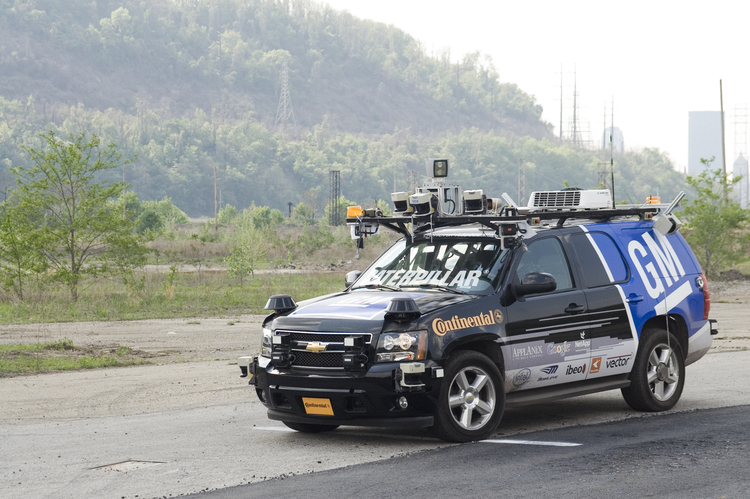
The DARPA’s Urban Challenge is an engineering competition to develop an autonomous vehicle capable of navigating urban streets safely while obeying traffic regulations and covering the 60 mile course in 6 hours or less. The goal is to develop vehicles that can one day self navigate through dangerous urban environments.
The winning team, Carnegie Mellon University’s Tartan Racing, took home the $2 million first prize. Their Chevy Tahoe, named Boss, used 12 Intel Core Duo CPUs to run the C++ application software comprising 200,000 lines of code and used Ubuntu 6.06 LTS as their operating system foundation. The team developed their system using the open source development stack of GCC, Valgrind and the Boost framework and were aided by McCabe IQ, a commercial software quality management suite which was ported to Ubuntu by McCabe.
